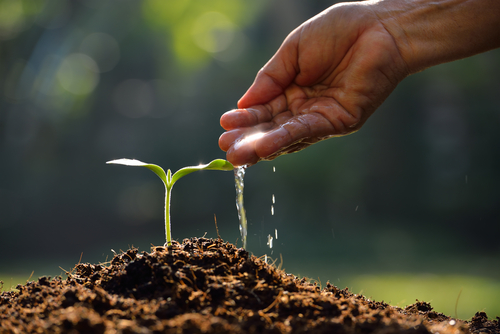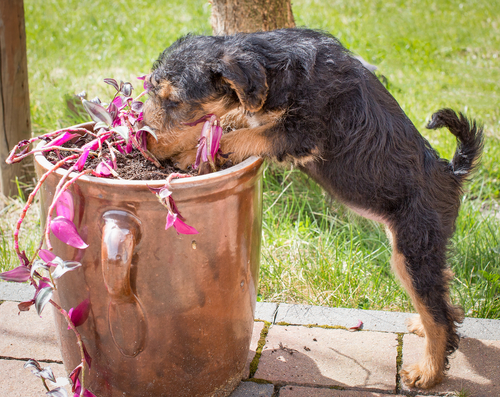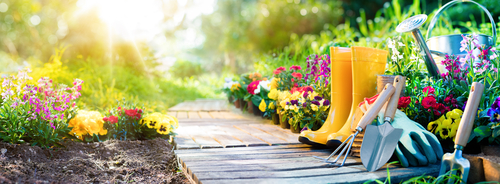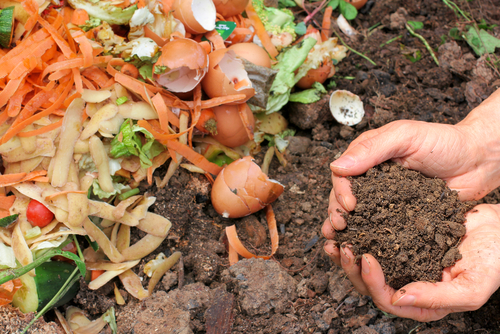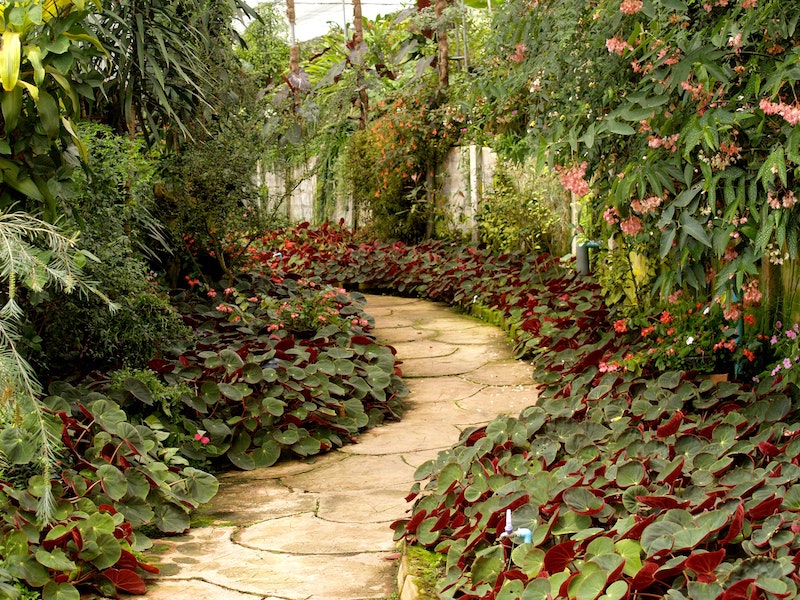Most of us wants to cultivate a garden but maintaining one can be time-consuming if not done correctly. There are hacks that we can do so we can keep a beautiful garden without having to allot so much time.
Also, professionals like Bellarine Trees can do the groundwork like landscaping. Once your garden is set then you can do the maintenance yourself.
Here are some simple tips on garden maintenance:
1. Water your plants.
No, this is not as simple as pouring water over. Watering it should be done correctly to avoid problems with molds and excess moisture. Some plants should not be even watered every day.
Here are some tricks that you can do:
1) Flowering beds should only be watered one to two times per week to maintain even moisture.
2) Water your plants in the morning, at this time, the soil temperature is cool so less water will evaporate and your plants will absorb the right amount of water.
3) Try installing a water sprinklers with a programmed timer if you don’t have the time to water your plants. Some of these are cheap and easy to install.
2. Keep your pets away from your plants.
Keep your plants secure, plant on a place where your pets can’t reach. Check this tips:
1) Try modern home landscaping ideas like vertical gardening. This type of garden structure would be harder for them to play with.
2) Train your pets as to where they should pee. Letting them damage your plants can give you a lot of work to do afterward.
3) Dog urine can be a problem with lawns as they are the cause of green spots on your lawn, don’t worry, just water the spot where your dog urinated, and it should be fine. The purpose of green spots is due to the concentration of nitrogen from the urine, and diluting this with water can be beneficial to your lawn.
3. Sunlight and plant growth.
To avoid problems in the long run, you should know how much light it needs.
Plants have varying light needs to grow properly, vegetables, for example, requires at least 8 hours of sunlight to grow correctly so placing them in an area with longer exposure to sunlight will be beneficial.
Other plants like hydrangeas need shade and are damaged if exposed to sunlight on an extended period. So determining which plants and how much light they need is crucial to its growth.
4. Get rid of pests.
Pest problems can be tiresome. Pull out those weeds as you see them, letting them multiply can pose a lot of issues to your plants.
Know how to get rid of them, but be careful about choosing a pest or weed repellent as these can be toxic and dangerous to you and your plants. If possible, you can prevent the growth of weeds from your garden, plant your greens densely and do not leave room for weeds to grow.
Apply mulch to your soil to prevent weed growth. If you have an insect problem, do some research, look into the cause and find the best and the most eco-friendly way to get rid of an insect infestation.
5. Pruning.
Getting knowledge of how and when to prune your plants should be very important. Some plants will require regular pruning while some are better off pruned only once or twice a year.
Pruning might look very bad to your plants but it keeps them healthy, and it will give way to growth. Keep a schedule and research on how to do it properly. Trees and shrubs may require different methods to your flowering plants.
6. Use compost wisely.
Compost can be very good for your plants, but you have to choose the right manure to do the job. Fresh compost manure is very high in nitrogen and is likely to cause burning. Fresh manure can also contain harmful parasites and bacteria that can bring damage to them. Do not use manure from domesticated animals such as dogs and cats as these may have parasites that are harmful to humans.
7. Soil quality is the key.
Plant growth does not depend on fertilizer. It is significantly affected by the soil quality. Adding organic materials like compost and fully-aged animal manure can improve the quality of your soil. Good soil has a crumbly texture and absorbs water quickly. Choose fertilizers that are organic for better results.
Knowing what it needs and giving the proper growth environment should be all you need to create a beautiful garden. Proper maintenance should not be a big hurdle especially if you already have laid the basic needs of your plants.

